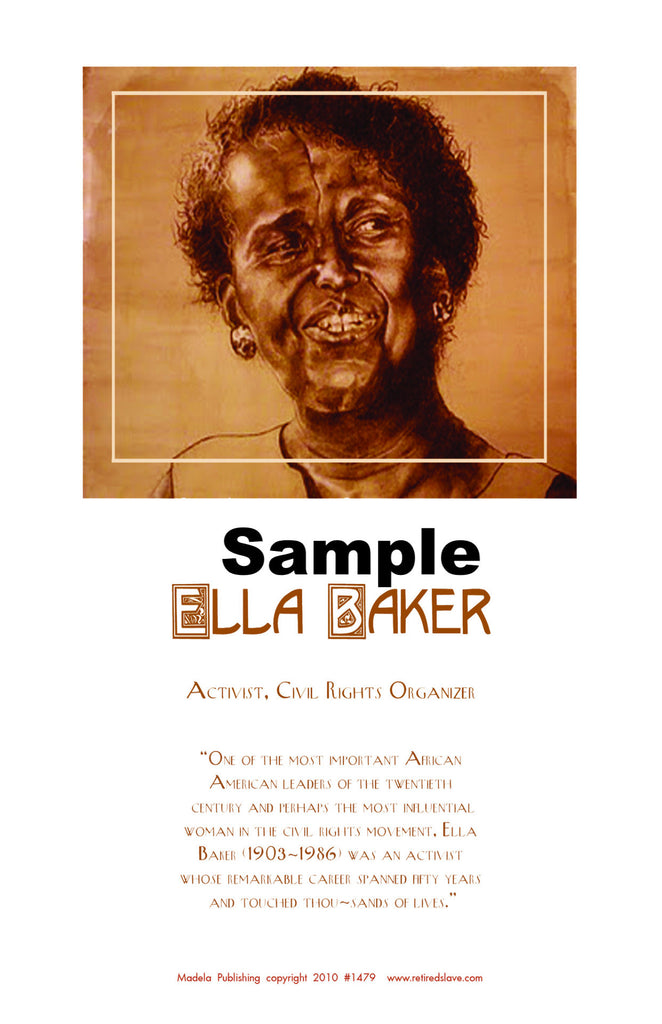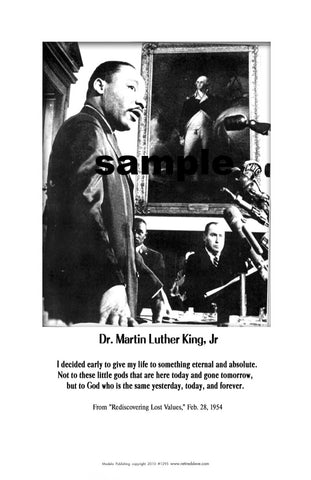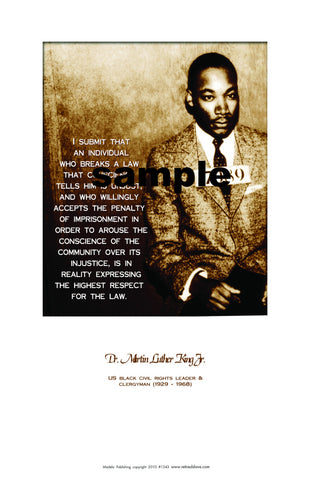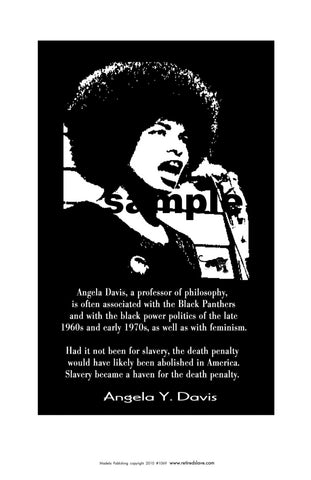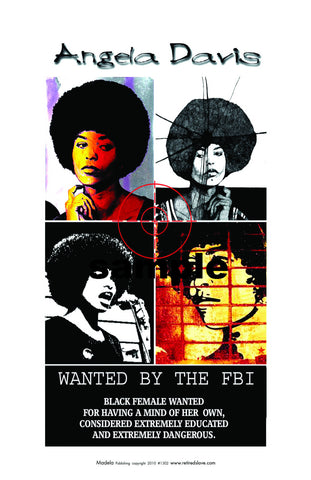Ella Baker#1479
$ 10.00
Caption from poster__
Ella Baker
One of the most important African American leaders of the twentieth
century and perhaps the most influential woman in the civil rights
movement: Ella Baker (1903-1986) was an activist whose re-
markable career spanned fifty years and touched thousands of lives.
A gifted grassroots organizer, Baker shunned the spotlight in favor of
vital behind the scenes work that helped power the black freedom
struggle. She was a national officer and key figure in the National
Association for the Advancement of Colored People, one of the
founders of the Southern Christian Leadership Conference, and
a prime mover in the creation of the Student Nonviolent Coor-
dinating Committee. Baker made a place for herself in pre-
dominantly male political circles that included W. E. B. Du Bois,
Thurgood Marshall, and Martin Luther King Jr., all the while
maintaining relationships with a vibrant group of women, students,
and activists, both black and white.
Ella Baker Activist, Civil Rights Organizer, 1903–1986 “In order for us as poor and oppressed people to become a part of a society that is meaningful, the system under which we now exist has to be radically changed. It means facing a system that does not lend itself to your needs and devising means by which you can change that system. That is easier said than done.” The granddaughter of a slave who was beaten for refusing to marry a man her master chose for her, Ella Baker spent her life working behind the scenes to organize the Civil Rights Movement. If she could have changed anything about the movement, it might have been to persuade the men leading it that they, too, should do more work behind the scenes. Baker was a staunch believer in helping ordinary people to work together and lead themselves, and she objected to centralized authority. In her worldview, “strong people don’t need strong leaders.” After graduating from Shaw University in Raleigh, North Carolina, in 1927, Baker moved to Harlem and began her long career of organizing, helping to establish consumer cooperatives during the Depression. She joined the NAACP’s staff in 1938 and spent half of each year traveling in the South to build support for local branches, which would become the foundation of the Civil Rights Movement. In 1946 she reduced her NAACP responsibilities to work on integrating New York City public schools. Baker was one of the visionaries who created the Southern Christian Leadership Conference in 1957, and she drew the Rev. Martin Luther King, Jr. to it. She served two terms as the SCLC’s acting executive director but clashed with King, feeling that he controlled too much and empowered others too little. In 1960 four black students in Greensboro, North Carolina, were refused service in a university cafeteria, setting off sympathetic sit-ins across the country, and Baker seized the day. Starting with student activists at her alma mater, she founded the nationwide Student Nonviolent Coordinating Committee, which gave young blacks, including women and the poor, a major role in the Civil Rights Movement. Baker returned to New York City in 1964 and worked for human rights until her death. Her words live on in “Ella’s Song,” sung by Sweet Honey in the Rock: “We who believe in freedom cannot rest.”
